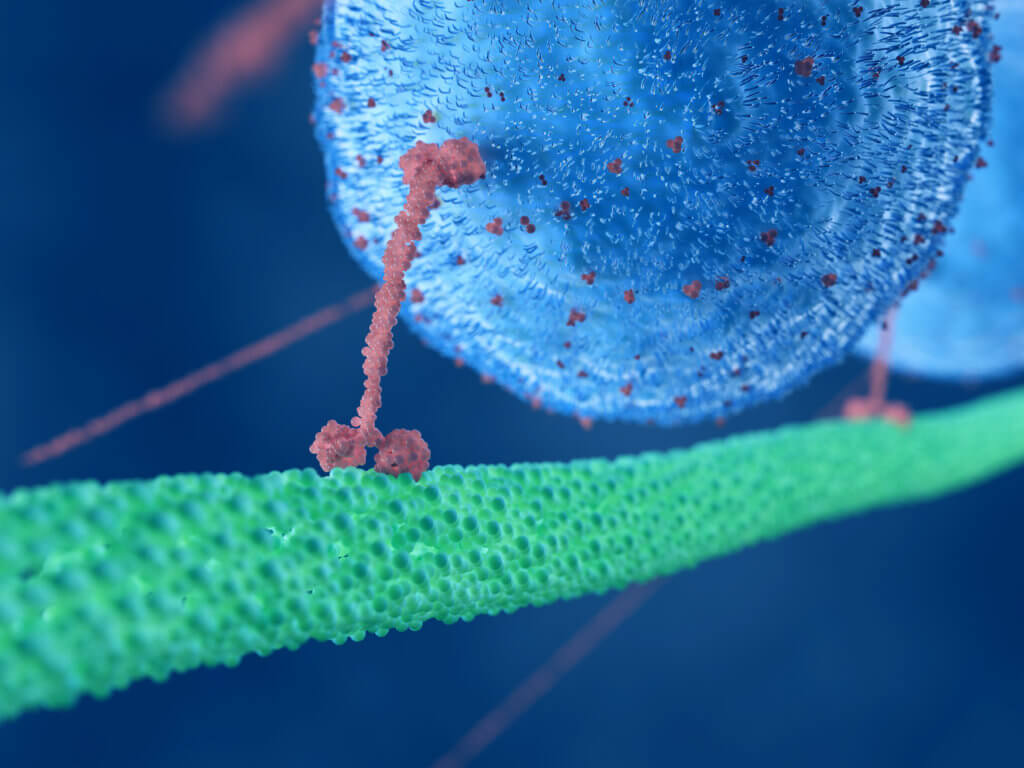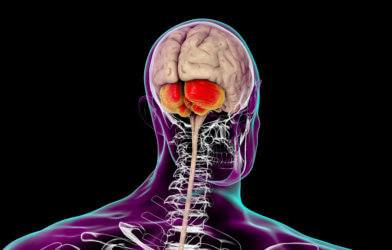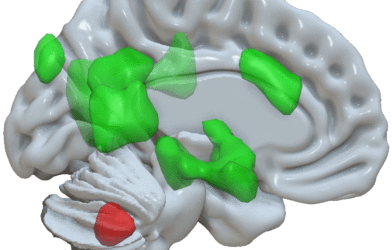Motor proteins are a key component of neuron functionality, controlling the flow of essential materials in and out of a cell. Now, researchers at the University of Buffalo have pinpointed a start-and-stop “switch” for a particular type of motor protein, kinesin 1. The discovery could have a profound impact on the treatment of cancer and neurodegenerative diseases.
Motor proteins control neuronal traffic, bringing essential cargo in and out along pathways known as microtubule tracks. A consistent flow of traffic is crucial to a neuron remaining healthy and functional, as clear tracks allow motor proteins to bring vital materials to the entire cell.
The precise mechanism that allows the transportation of cargo by motor proteins in and out of neurons along microtubule tracks is largely unknown. But when microtubule tracks or motor proteins are disrupted, the traffic flow in and out of neurons can dissipate, often leading to cellular malfunction and death.
Identifying just how motor proteins operate was a goal for the researchers, who hoped to find the so-called “switch” for traffic flow in a neuron. Using fruit fly larvae, researchers were able to identify an enzyme, GSK3β, that operated as a stop switch for the kinesin 1 protein.
“Our work provides an in-depth understanding of how the enzyme GSK3β acts as a key regulator of the kinesin 1 motor. Specifically, we have identified a precise site on kinesin 1 that is modified by GSK3β. Using molecular biology, in vitro analysis and fly genetics, coupled with in vivo imaging techniques, we were able to tease out the mechanistic details by which disruption of this particular site impacts motor movement,” explains first author, Rupkatha Banerjee, in a statement.
With this discovery, researchers are particularly interested in how stopping the flow of cargo in and out of neurons could be used in treating certain diseases, such as cancer. Since motor proteins are involved in the rapid division of cancer cells, stopping the flow of motor proteins in cancer cells could obstruct their division and growth, reducing the chances of the cancer spreading.
Additionally, the discovery of a stop switch for motor proteins could also lead to further treatment for neurodegenerative diseases. Many neurodegenerative diseases are the result of cargo blockages on microtubule tracks, which impede motor proteins and normal cell function. If motor proteins could be stopped for a period of time, those blockages could be theoretically cleared from the track, which would allow motor proteins to resume their normal function.
While further research is needed before any clinical application can be considered, the team is encouraged by their results. “This publication emphasizes fine-tuning of motor function as a potential approach for restoring transport defects that contribute to neurodegeneration and cancer,” says Banerjee.
This study is published in the journal Development.
Article by Adam Swierk






-392x250.jpg)




